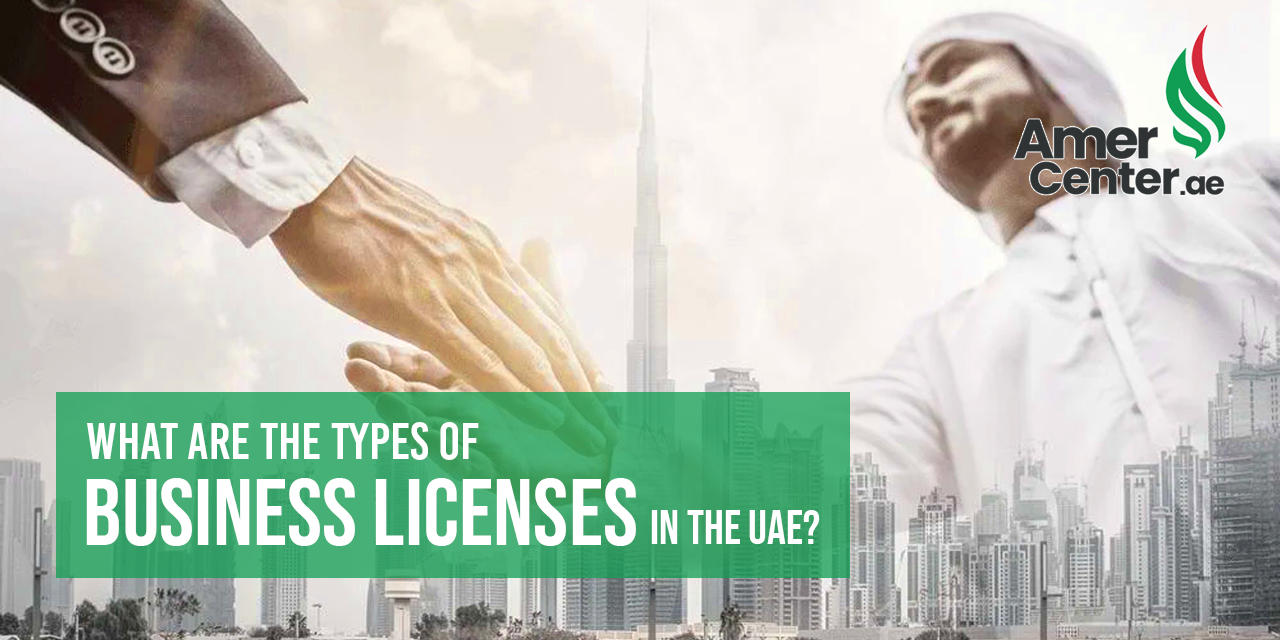 Published:March 18 ,2024 13:48:28
Last updated:April 15 ,2024 10:19:43
Published:March 18 ,2024 13:48:28
Last updated:April 15 ,2024 10:19:43
The United Arab Emirates (UAE) is renowned for its dynamic business environment, attracting entrepreneurs and investors from around the world seeking promising opportunities in various industries. Whether you're a local entrepreneur or an international investor looking to establish a business in the UAE, understanding the different types of business licenses is essential for navigating the regulatory landscape effectively.
In this blog, we'll explore the different categories of business licenses issued by the UAE government, including commercial licenses, professional licenses, industrial licenses, and more. We'll delve into the specific requirements, procedures, and regulations associated with each type of license, providing valuable insights to help you make informed decisions about your business ventures in the UAE.
Whether you're setting up a small-scale enterprise or a large multinational corporation, choosing the right business license is vital for ensuring compliance with local laws and regulations while maximizing your business opportunities. Join us as we unravel the complexities of business licensing in the UAE and empower you to embark on your entrepreneurial journey with confidence.
Mainland Business Licenses
Setting up a business in the UAE mainland allows you to operate locally and engage in commercial activities across the country. Mainland businesses are regulated by the respective Department of Economic Development (DED) in each emirate, and obtaining a mainland business license involves several steps and requirements.
Types of Mainland Business Licenses:
1. Commercial License: This license is suitable for businesses engaged in trading activities, such as buying and selling goods or providing retail services. It allows companies to conduct commercial activities within the designated emirate.
2. Professional License: Professionals offering specialized services, such as consultancy, legal, accounting, or medical services, require a professional license to operate legally in the UAE. This license is issued by the DED and is essential for individuals or firms offering professional services.
3. Industrial License: Businesses involved in manufacturing, production, or industrial activities require an industrial license to operate in the UAE mainland. This license is issued by the relevant authorities and is necessary for companies engaged in manufacturing goods or carrying out industrial processes.
Free Zone Business Licenses
Free zones in the UAE offer an attractive environment for businesses seeking tax benefits, 100% foreign ownership, and streamlined procedures. Each free zone has its own set of regulations and licensing authorities, making it essential to choose the right free zone based on your business activities and requirements.
Types of Free Zone Business Licenses:
1. Trading License: Ideal for businesses involved in import-export activities, a trading license allows companies to trade goods within the free zone or with entities outside the UAE. It grants businesses the flexibility to import, export, and re-export goods without the need for a local distributor.
2. Service License: Service-oriented businesses, such as consulting firms, IT companies, and marketing agencies, require a service license to operate within the free zone. This license allows companies to provide services to clients both within and outside the UAE, depending on the specific free zone regulations.
3. Industrial License: Free zones with industrial capabilities offer industrial licenses to companies engaged in manufacturing, processing, or assembling goods. This license enables businesses to establish production facilities within the free zone and benefit from various incentives and infrastructure support.
Specialized Permits and Approvals
In addition to the general business licenses mentioned above, certain types of businesses in the UAE may require specialized permits or approvals from regulatory authorities. These permits are typically specific to certain industries or activities and are essential for ensuring compliance with local regulations and standards.
Examples of Specialized Permits and Approvals:
1. Food and Beverage License: Businesses involved in food manufacturing, catering, or restaurant operations require a food and beverage license from the relevant authorities. This license ensures compliance with food safety regulations and hygiene standards.
2. Healthcare License: Healthcare facilities, clinics, pharmacies, and medical centers must obtain a healthcare license from the Ministry of Health and Prevention (MOHAP) to operate legally in the UAE. This license is essential for ensuring the quality and safety of healthcare services provided to the public.
3. Construction Permits: Companies engaged in construction, contracting, or real estate development require various permits and approvals from local municipalities and regulatory bodies. These permits cover aspects such as building construction, renovation, and infrastructure development.
Takeaway
You need to admit the fact that navigating the process of obtaining a business license in the UAE may seem hectic. With the right knowledge and guidance, it can be a straightforward and rewarding experience. Whether you choose to establish your business on the mainland or within a free zone, understanding the different types of licenses and permits is essential for ensuring compliance with local regulations and unlocking the full potential of your venture.
As you embark on your entrepreneurial journey in the UAE, consider seeking assistance from AmerCenter, enriched with experienced professionals, and business consultants who can provide valuable insights and support throughout the licensing process. With the right resources and expertise at your disposal, you can navigate the complexities of the UAE's business landscape with confidence and position your business for long-term success in this thriving economy.
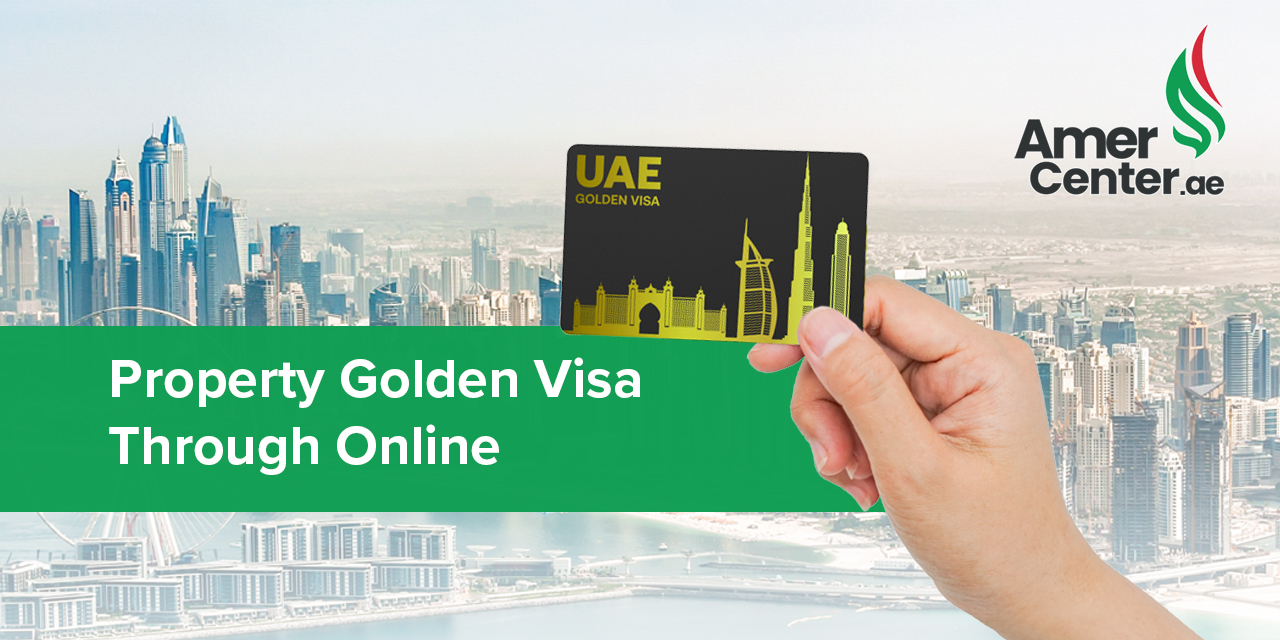
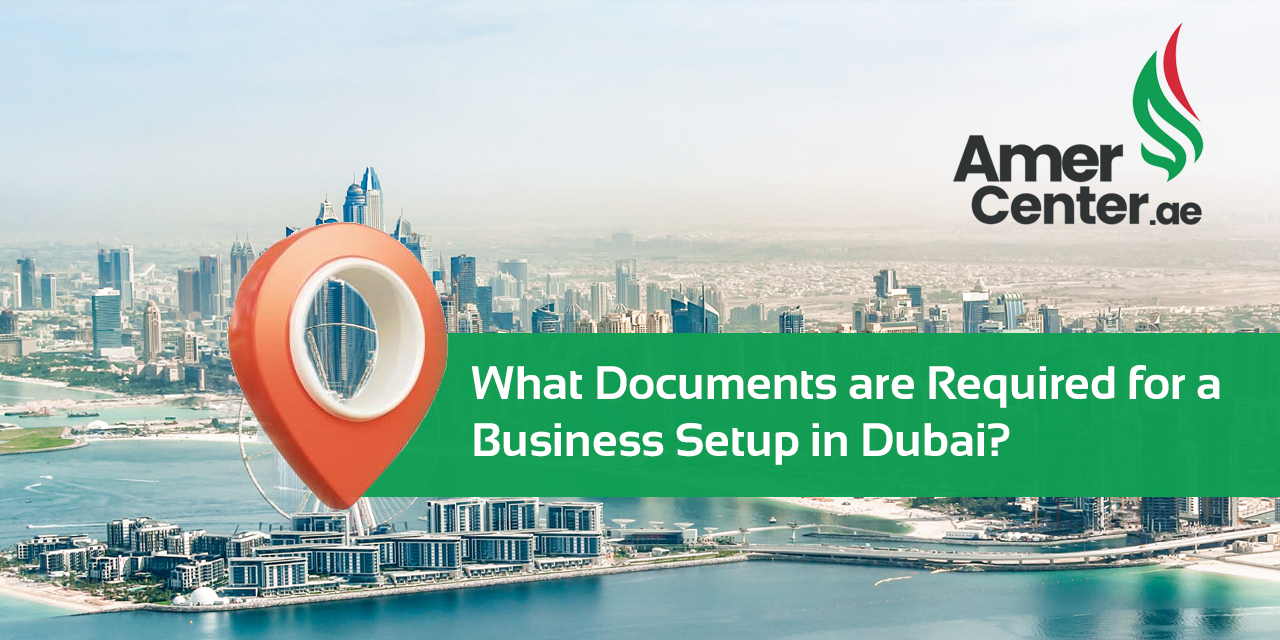
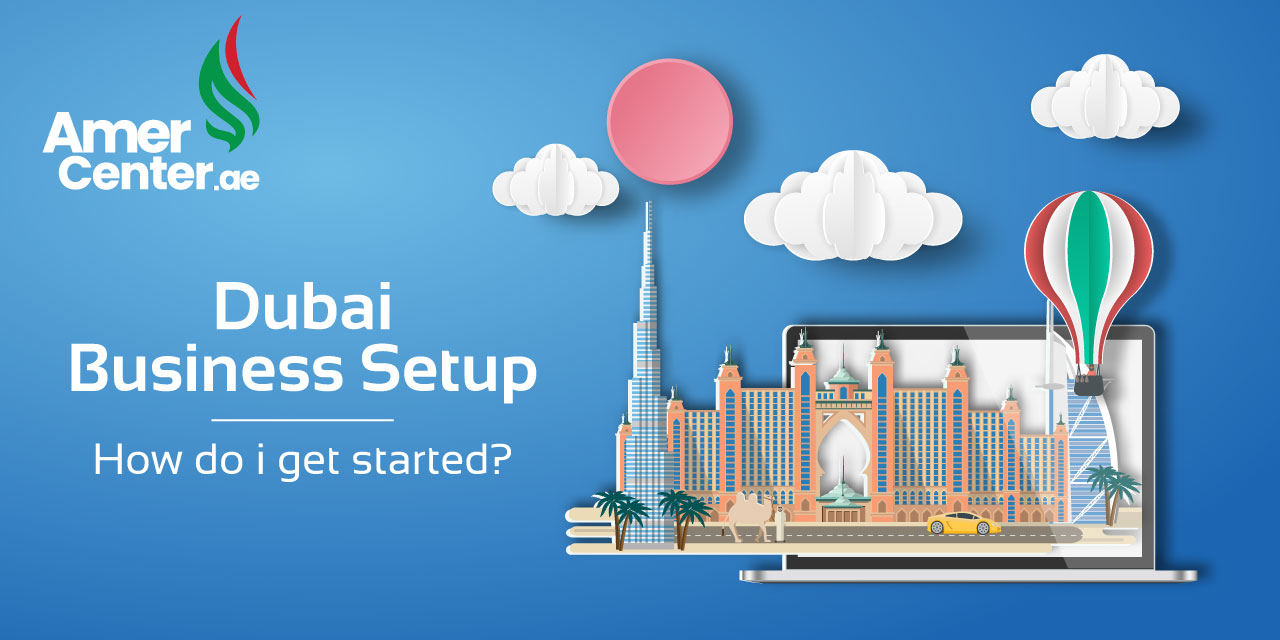
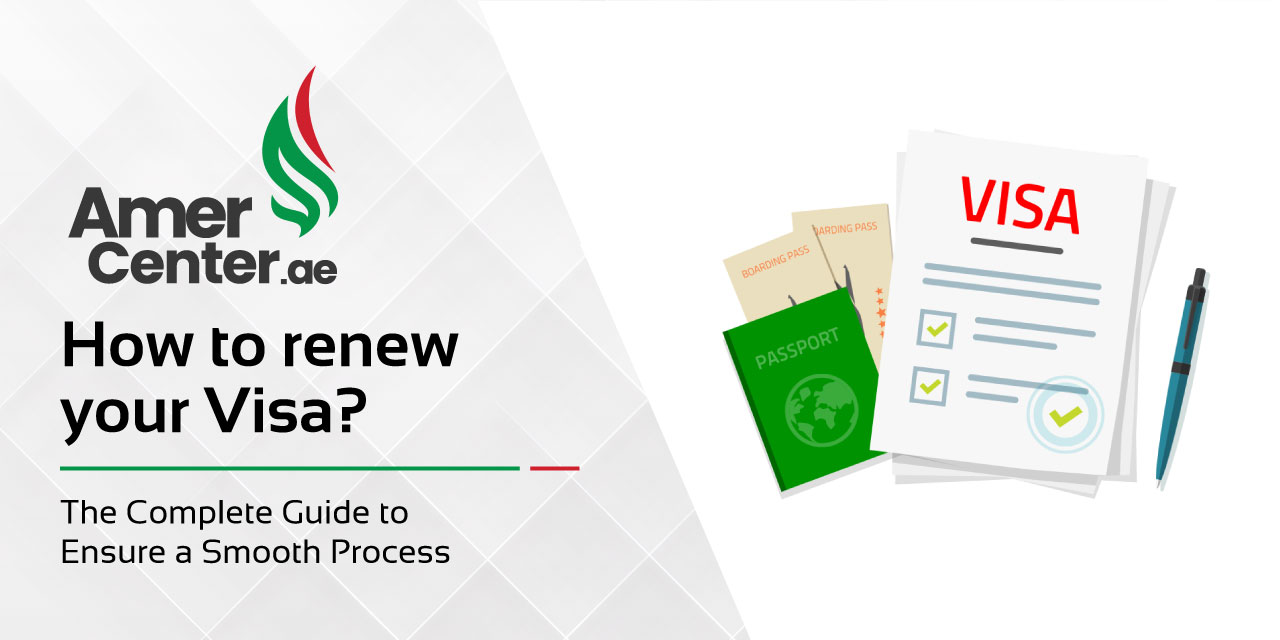



 AmerAssistbot!!
AmerAssistbot!!
 AmerAssistbot!!
AmerAssistbot!!